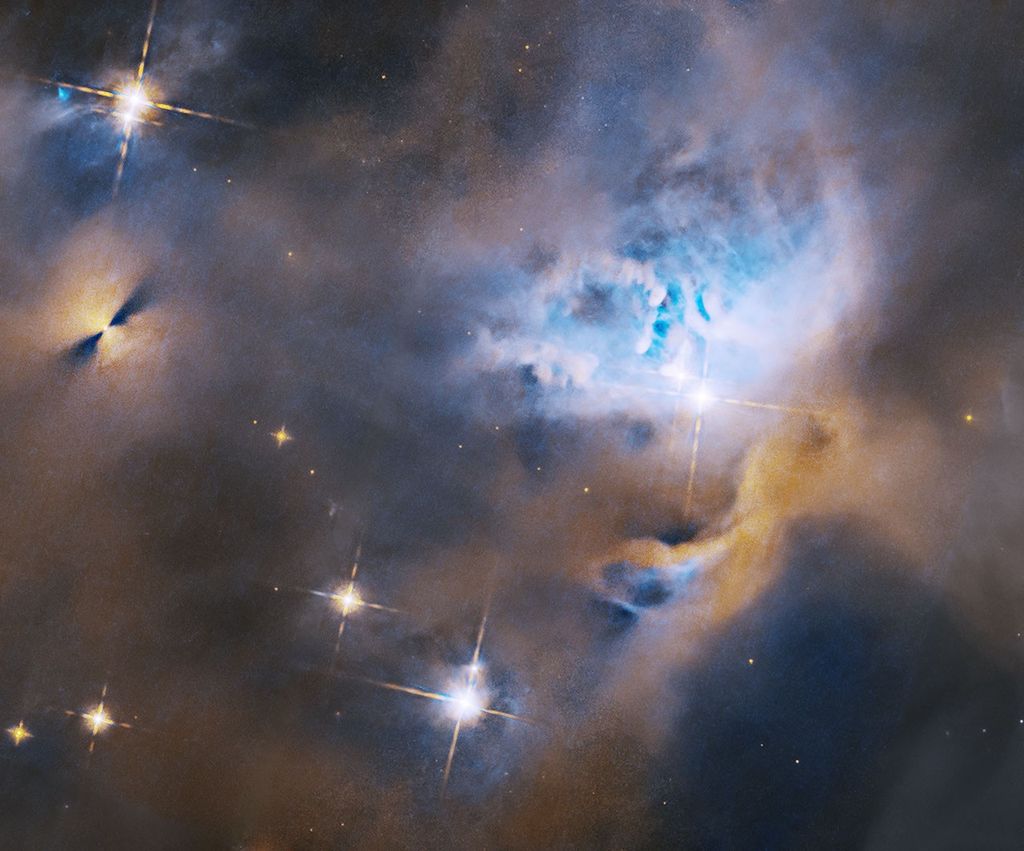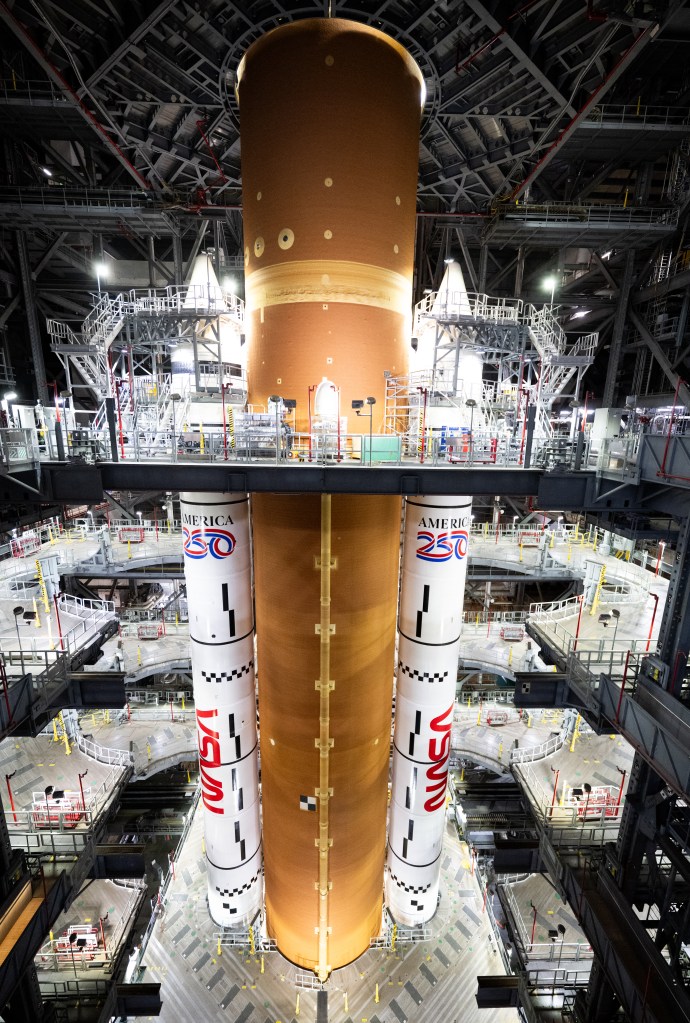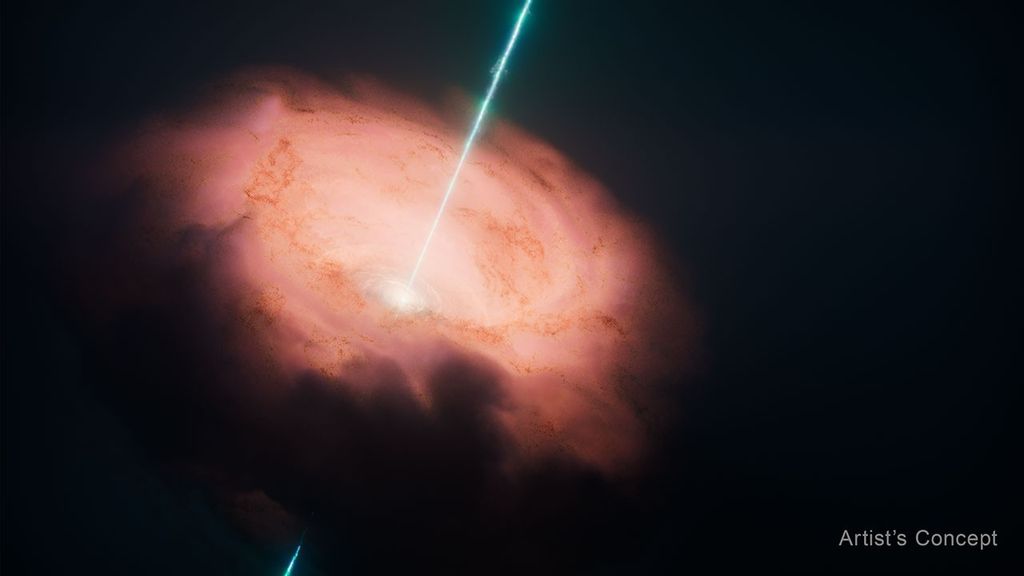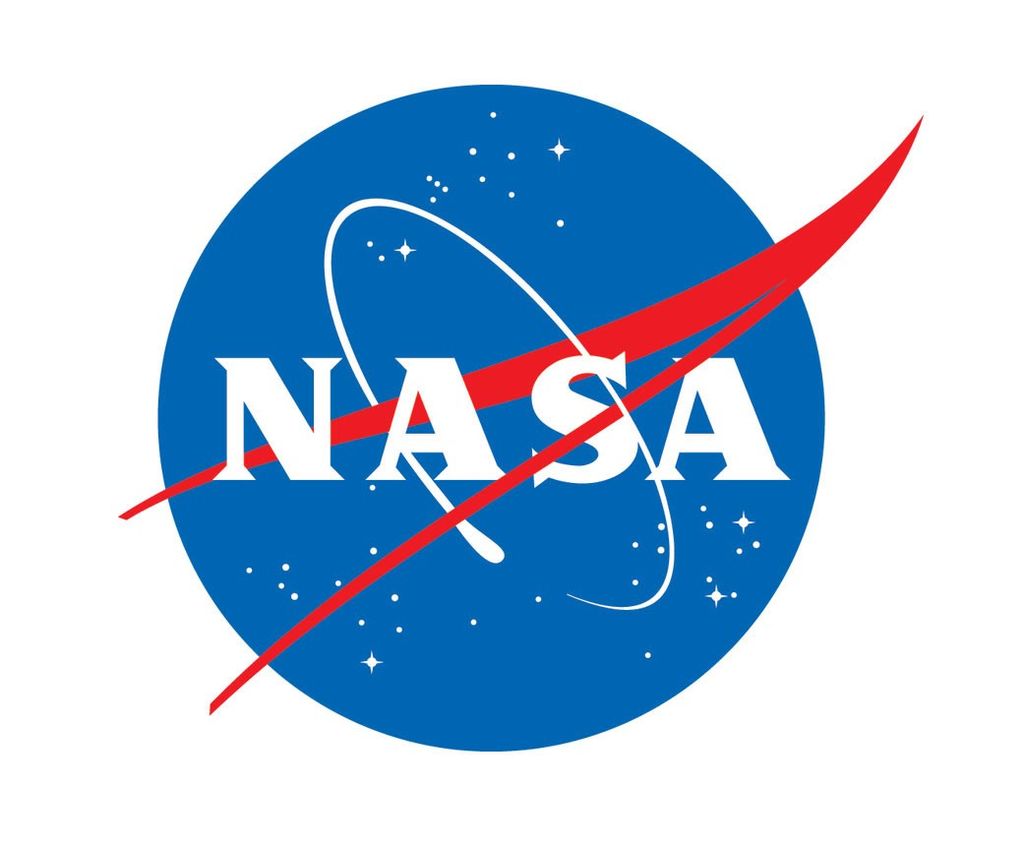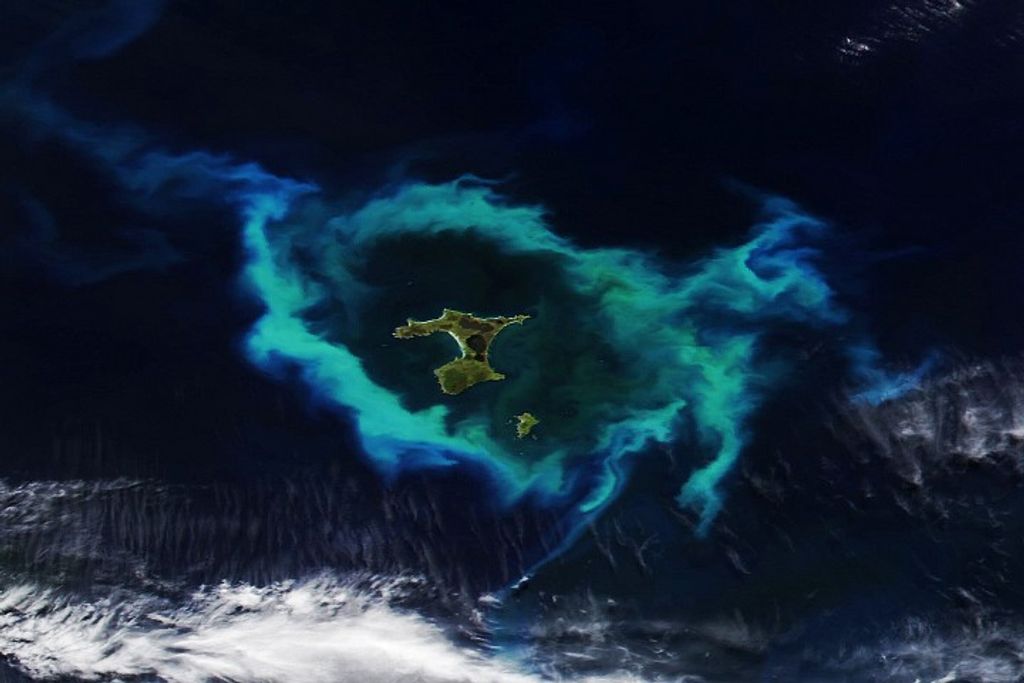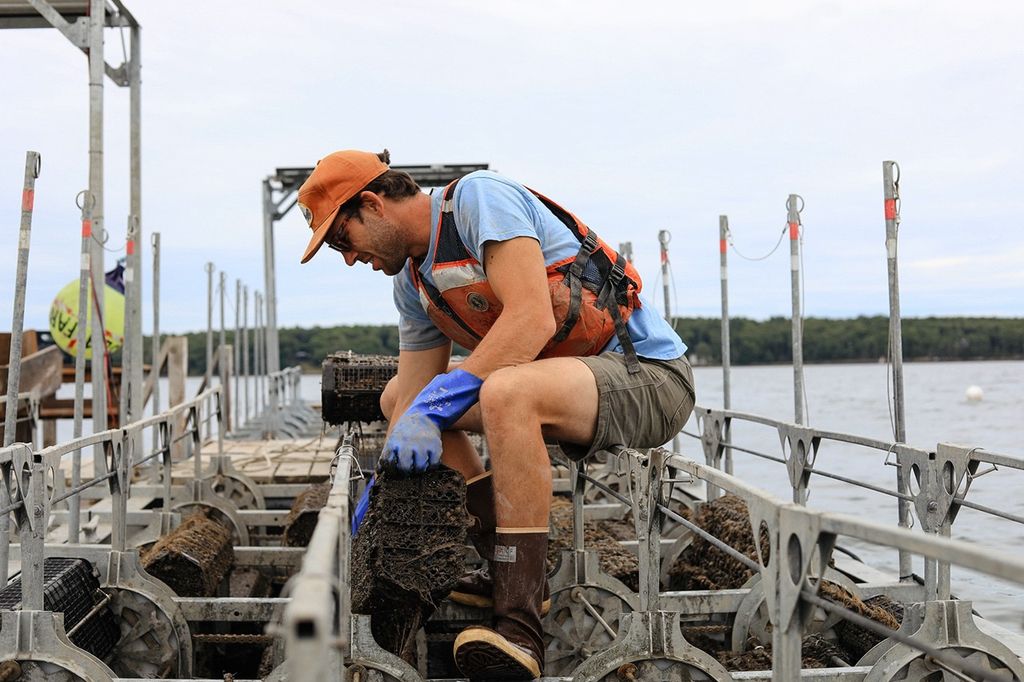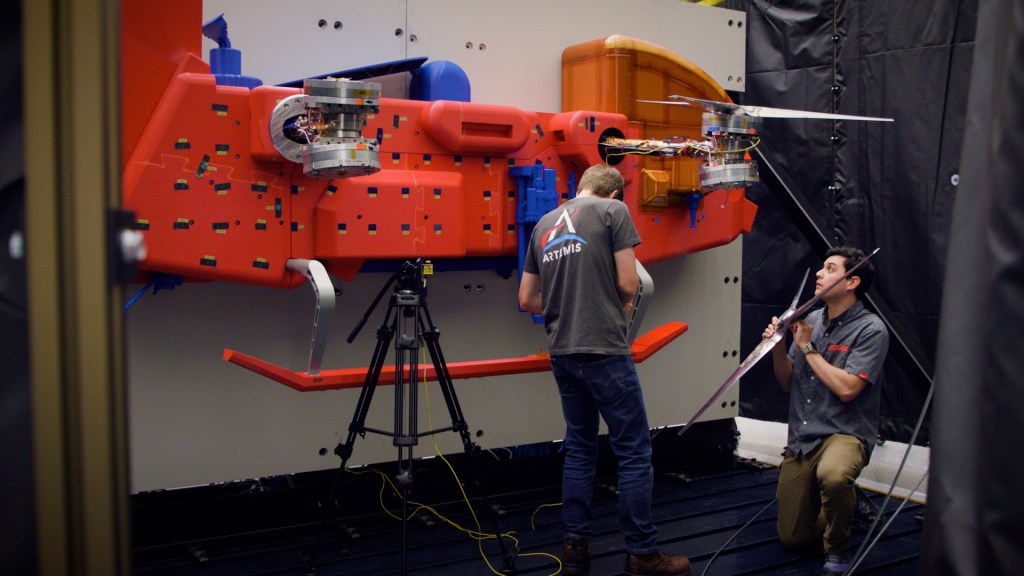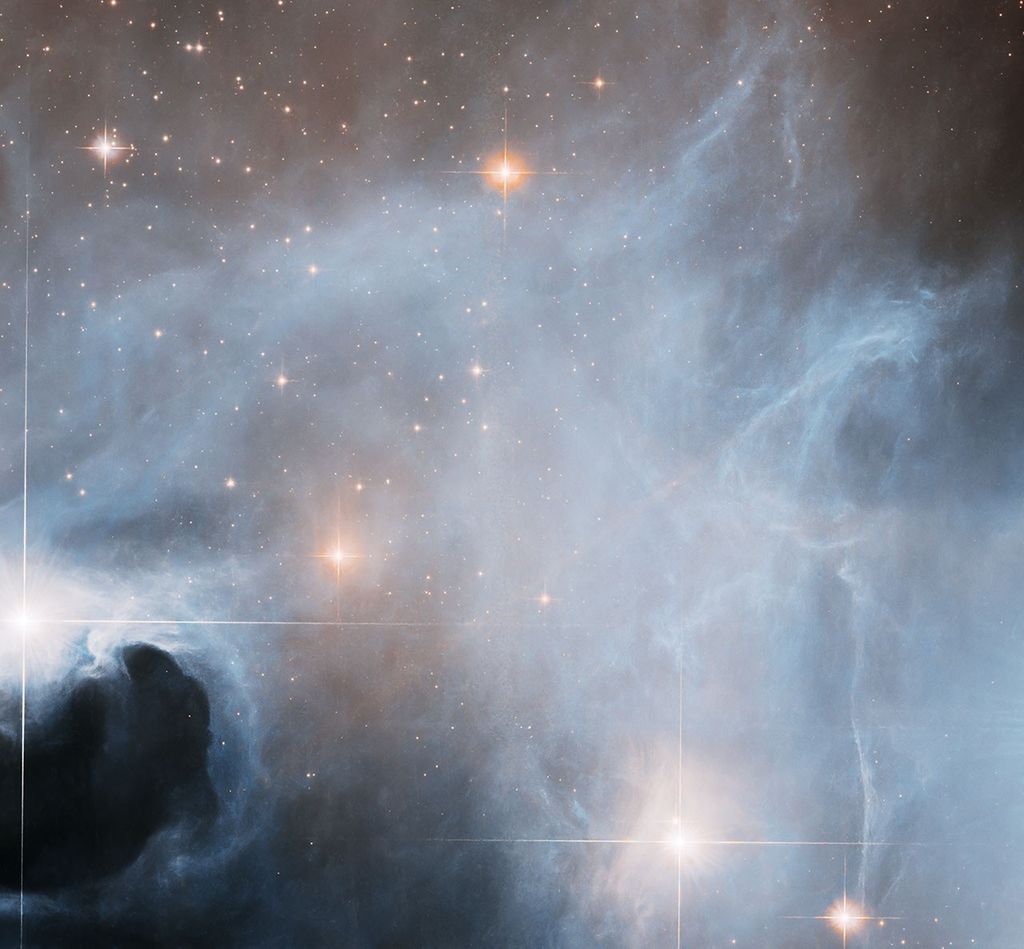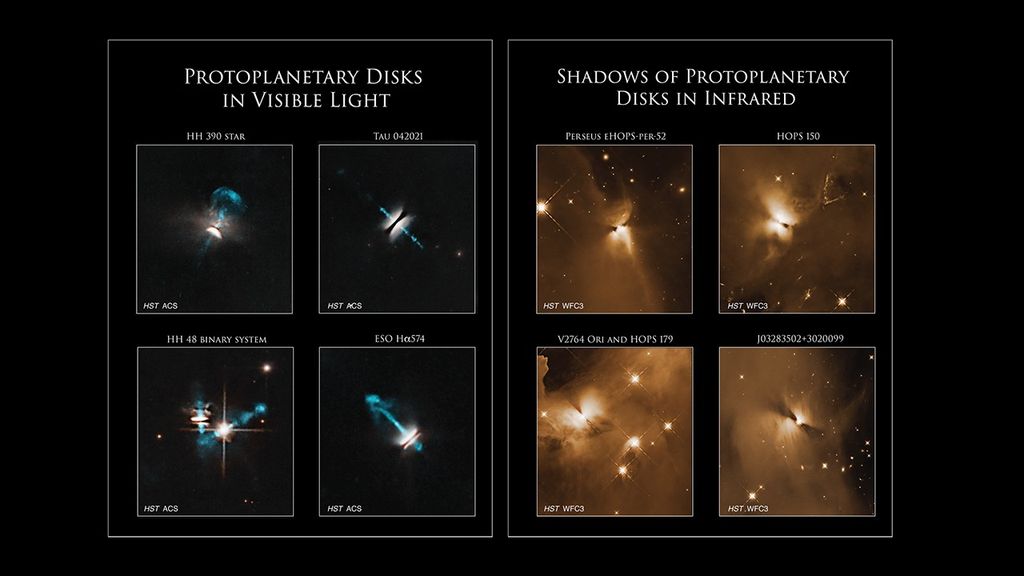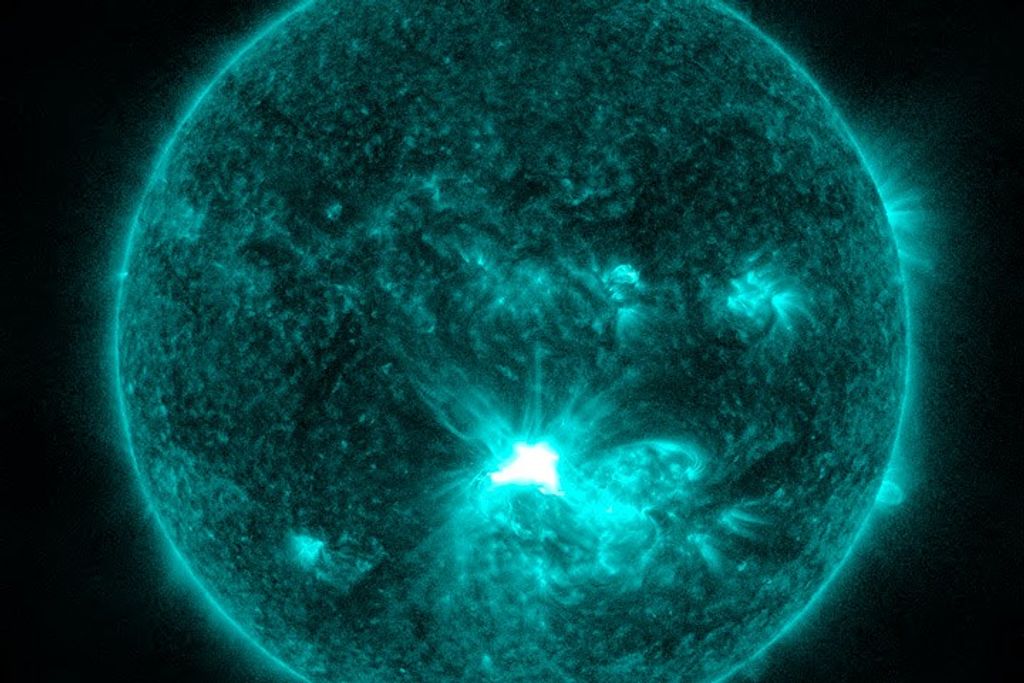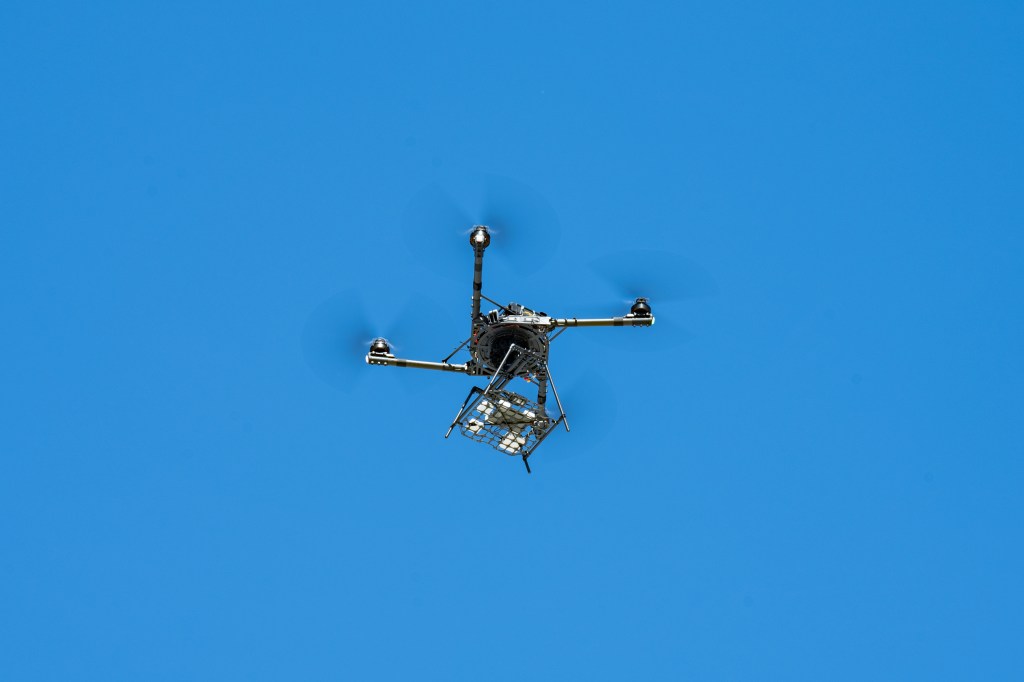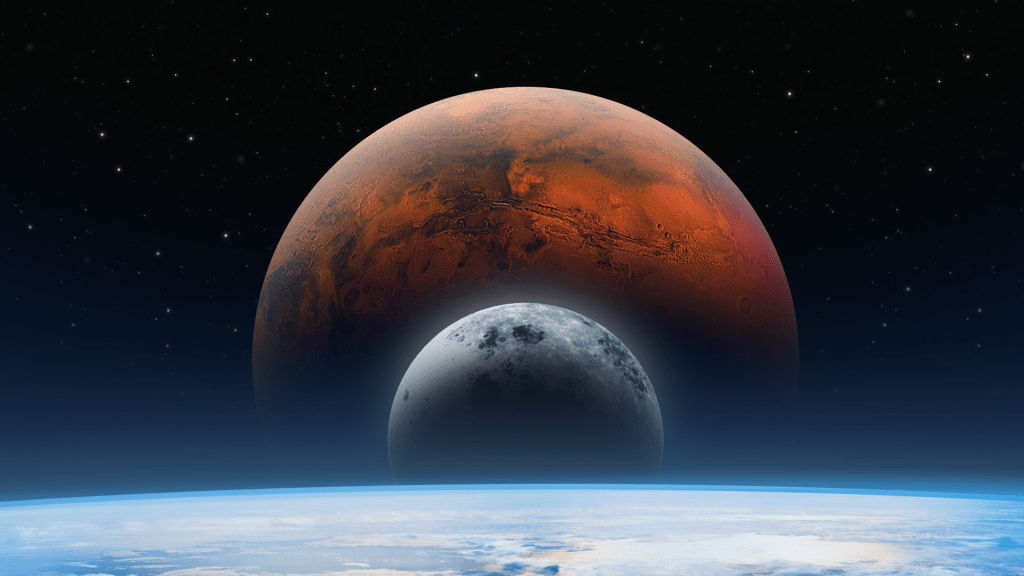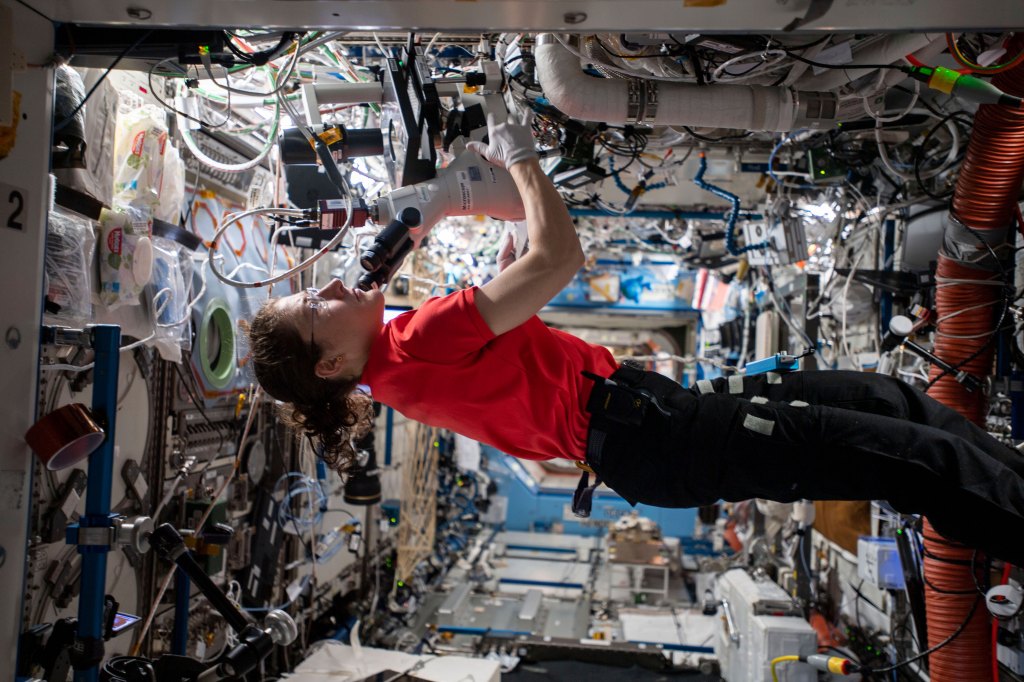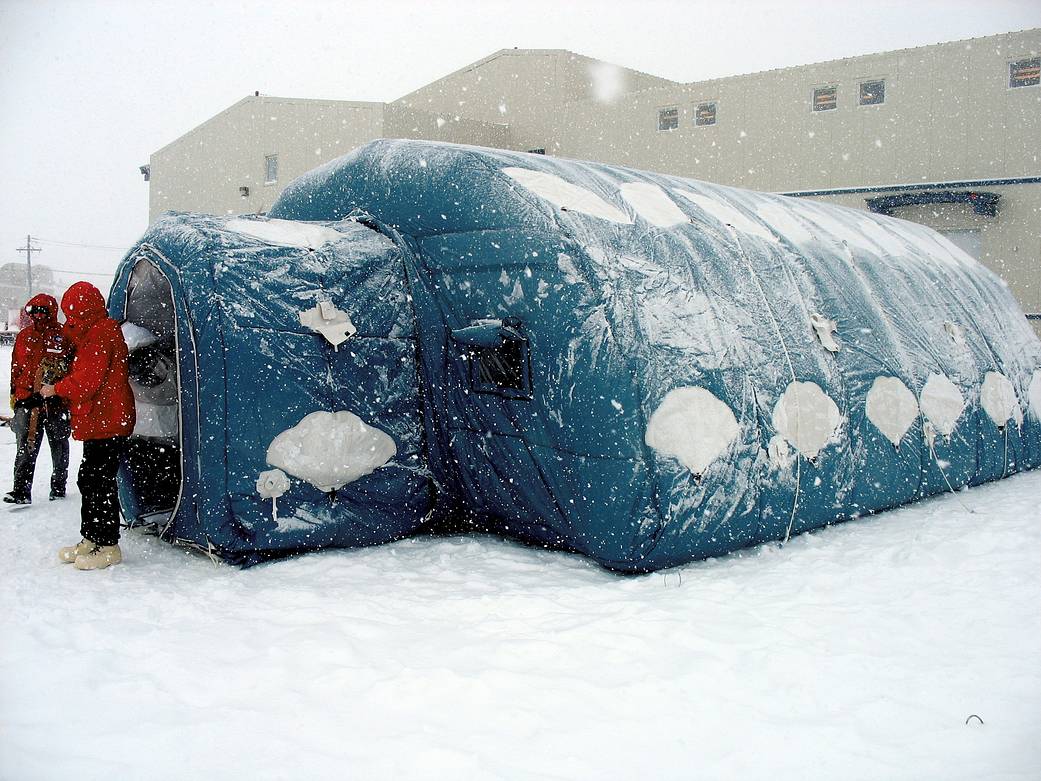Data from NASA studies in Antarctica to support human spaceflight could shed light on the role vitamin D potentially plays in the immune system’s response to viruses, benefiting life on Earth as well. The research is outlined in a recent paper by NASA’s Nutritional Biochemistry Laboratory and published in The Journal of Nutrition, and may provide insight into reducing the risk of severe immune system responses to SARS-CoV-2, the coronavirus that causes the COVID-19 disease.
The human body produces vitamin D when the skin is exposed to sunlight. In spacecraft, or during the winter in Antarctica, crew members don’t get any sunlight exposure. This makes Antarctica a great analogue to study vitamin D in astronauts. Vitamin D helps regulate the immune system, which defends the body from outside intruders, such as bacteria and viruses. NASA-funded research in the Antarctic showed that crew members with lower vitamin D levels and higher indications of stress had higher rates of virus reactivation.
Extrapolating from this, these researchers hypothesize that optimal vitamin D levels could help reduce the risk of severe responses to the coronavirus that causes COVID-19 infection. Sunlight, consumption of vitamin D rich foods, and adequate, but not ultra-high dose, dietary supplements containing vitamin D, may support immune system function and decrease the impact of virus reactivation. Based on this hypothesis, further research is needed to better understand the relationship between nutrition, and specifically vitamin D, and the immune system’s response to the SARS-CoV-2 coronavirus and why some people have more severe COVID-19 symptoms than others.

